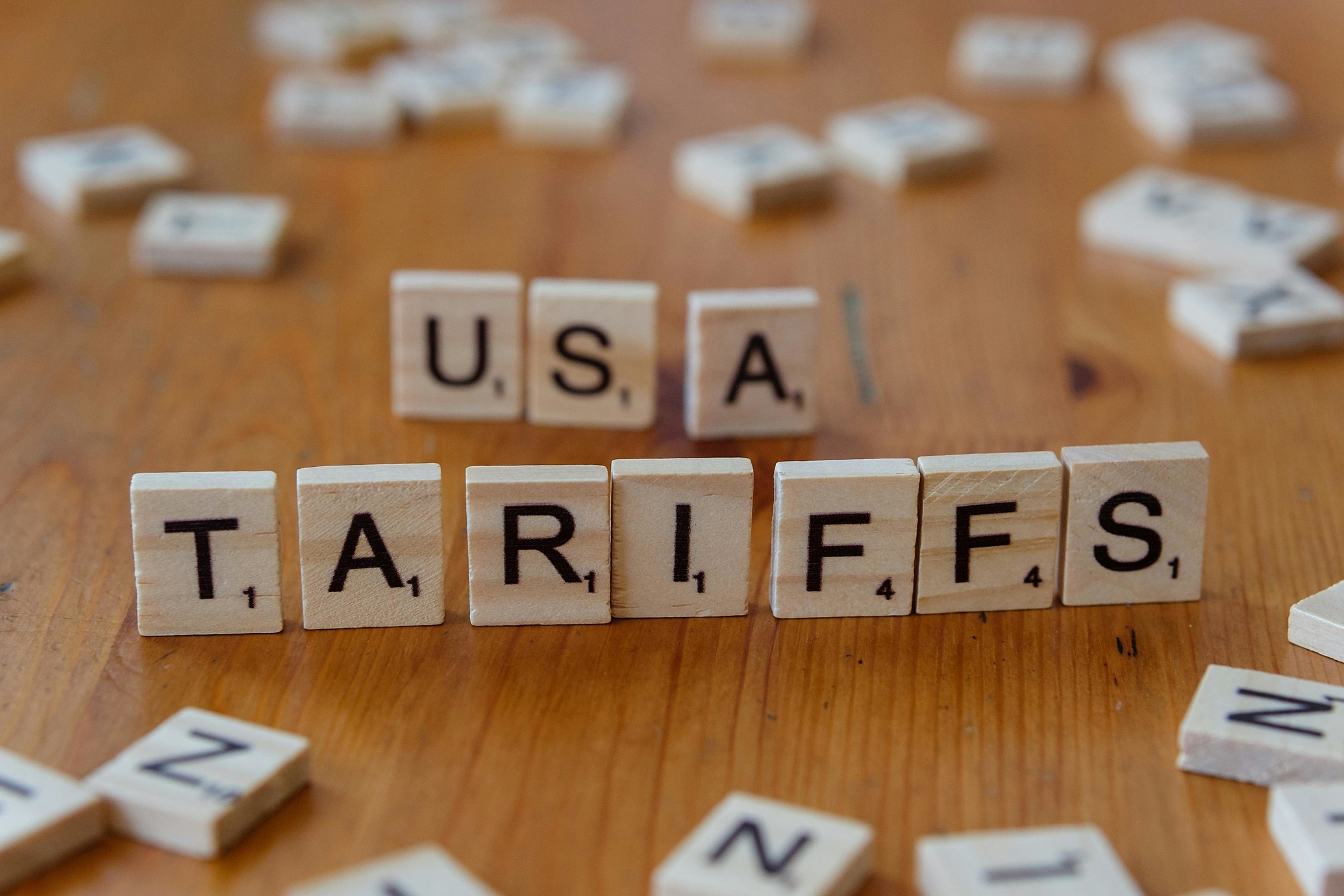How USA Tariffs Could Impact the Vancouver, BC Housing Market: What Homebuyers and Sellers Need to Know:
As a realtor in Vancouver, BC, I’m often asked how global economic trends might affect our local housing market. One topic that’s been making headlines recently is the potential impact of U.S. tariffs on Canadian goods. While tariffs might seem like a distant issue, they can have ripple effects that touch everything from the economy to real estate. Here’s how U.S. tariffs could influence the Vancouver housing market and what it means for buyers and sellers.
Understanding the Basics:
What Are Tariffs? Tariffs are taxes imposed on imported goods. When the U.S. imposes tariffs on Canadian exports (like lumber, steel, or agricultural products), it makes those goods more expensive for American buyers. This can hurt Canadian industries, reduce trade, and potentially slow down economic growth. Vancouver, as a major economic hub in Canada, is not immune to these effects. While our city is known for its thriving tech sector, natural resources, and international trade, any disruption to the broader Canadian economy can trickle down to the local level—including the housing market.
How Tariffs Could Affect Vancouver’s Housing Market:
1. Impact on Construction Costs
One of the most direct ways tariffs could affect Vancouver’s housing market is through increased construction costs. If the U.S. imposes tariffs on Canadian lumber (a key export), the cost of lumber in Canada could rise as producers look to offset lost revenue from U.S. sales. Higher lumber prices mean higher costs for building new homes or renovating existing ones. For buyers, this could mean fewer new developments hitting the market, as builders may delay projects due to rising costs. For sellers, it could mean increased competition if inventory remains tight.
2. Economic Uncertainty and Buyer Confidence
Tariffs can create economic uncertainty, which often leads to cautious consumer behaviour. If Canadians feel less confident about the economy, they may delay major financial decisions—like buying a home. This could lead to a slowdown in home sales, particularly in the mid-to-high price ranges. On the flip side, Vancouver’s housing market has historically been resilient, thanks to strong demand from both local buyers and international investors. While tariffs might cause a temporary dip in confidence, the long-term appeal of Vancouver as a desirable place to live could help stabilize the market.
3. Exchange Rate Fluctuations
Tariffs can also impact the value of the Canadian dollar. If the U.S. dollar strengthens relative to the Canadian dollar, it could make Vancouver real estate more attractive to foreign buyers, particularly those holding U.S. dollars. This could increase demand for luxury properties and keep prices buoyant in certain segments of the market. However, a weaker Canadian dollar could also make it more expensive for Canadians to purchase goods and materials from the U.S., further driving up construction and renovation costs.
4. Potential for Government Intervention
If tariffs lead to economic challenges, the Canadian government might step in with stimulus measures, such as lowering interest rates or introducing incentives for homebuyers. Lower interest rates could make mortgages more affordable, potentially boosting demand for housing. For buyers, this could be an opportunity to lock in a low rate and enter the market. For sellers, it could mean more competition among buyers, driving up prices in certain neighbourhoods.
What Should Buyers and Sellers Do?
For Buyers:
The Bottom Line While U.S. tariffs could introduce some challenges to Vancouver’s housing market, our city’s strong fundamentals—stunning natural beauty, a thriving economy, and global appeal—make it a resilient market. Whether you’re buying or selling, the key is to stay informed, work with a trusted realtor, and be prepared to adapt to changing conditions. If you have questions about how these trends might affect your real estate goals, feel free to reach out. As your local realtor, I’m here to help you navigate the market with confidence!
Ian Shaw
Personal Real Estate Corporation
Personal/Commercial Advisor
ESRE Team
Rennie
Ph: 604-753-7514
www.rennie.com/ianshaw
As a realtor in Vancouver, BC, I’m often asked how global economic trends might affect our local housing market. One topic that’s been making headlines recently is the potential impact of U.S. tariffs on Canadian goods. While tariffs might seem like a distant issue, they can have ripple effects that touch everything from the economy to real estate. Here’s how U.S. tariffs could influence the Vancouver housing market and what it means for buyers and sellers.
Understanding the Basics:
What Are Tariffs? Tariffs are taxes imposed on imported goods. When the U.S. imposes tariffs on Canadian exports (like lumber, steel, or agricultural products), it makes those goods more expensive for American buyers. This can hurt Canadian industries, reduce trade, and potentially slow down economic growth. Vancouver, as a major economic hub in Canada, is not immune to these effects. While our city is known for its thriving tech sector, natural resources, and international trade, any disruption to the broader Canadian economy can trickle down to the local level—including the housing market.
How Tariffs Could Affect Vancouver’s Housing Market:
1. Impact on Construction Costs
One of the most direct ways tariffs could affect Vancouver’s housing market is through increased construction costs. If the U.S. imposes tariffs on Canadian lumber (a key export), the cost of lumber in Canada could rise as producers look to offset lost revenue from U.S. sales. Higher lumber prices mean higher costs for building new homes or renovating existing ones. For buyers, this could mean fewer new developments hitting the market, as builders may delay projects due to rising costs. For sellers, it could mean increased competition if inventory remains tight.
2. Economic Uncertainty and Buyer Confidence
Tariffs can create economic uncertainty, which often leads to cautious consumer behaviour. If Canadians feel less confident about the economy, they may delay major financial decisions—like buying a home. This could lead to a slowdown in home sales, particularly in the mid-to-high price ranges. On the flip side, Vancouver’s housing market has historically been resilient, thanks to strong demand from both local buyers and international investors. While tariffs might cause a temporary dip in confidence, the long-term appeal of Vancouver as a desirable place to live could help stabilize the market.
3. Exchange Rate Fluctuations
Tariffs can also impact the value of the Canadian dollar. If the U.S. dollar strengthens relative to the Canadian dollar, it could make Vancouver real estate more attractive to foreign buyers, particularly those holding U.S. dollars. This could increase demand for luxury properties and keep prices buoyant in certain segments of the market. However, a weaker Canadian dollar could also make it more expensive for Canadians to purchase goods and materials from the U.S., further driving up construction and renovation costs.
4. Potential for Government Intervention
If tariffs lead to economic challenges, the Canadian government might step in with stimulus measures, such as lowering interest rates or introducing incentives for homebuyers. Lower interest rates could make mortgages more affordable, potentially boosting demand for housing. For buyers, this could be an opportunity to lock in a low rate and enter the market. For sellers, it could mean more competition among buyers, driving up prices in certain neighbourhoods.
What Should Buyers and Sellers Do?
For Buyers:
- Stay Informed: Keep an eye on economic news and how tariffs are affecting the broader economy.
- Work with a Realtor: A knowledgeable realtor can help you navigate market fluctuations and find opportunities, even in uncertain times.
- Consider Timing: If interest rates drop or inventory increases, it could be a good time to make a move.
- Price Strategically: In a shifting market, pricing your home correctly is more important than ever. Work with your realtor to set a competitive price.
- Highlight Value: Emphasize the unique features of your property to stand out in a potentially crowded market.
- Be Flexible: Be prepared to adapt to changing market conditions, whether that means adjusting your timeline or considering different offers.
The Bottom Line While U.S. tariffs could introduce some challenges to Vancouver’s housing market, our city’s strong fundamentals—stunning natural beauty, a thriving economy, and global appeal—make it a resilient market. Whether you’re buying or selling, the key is to stay informed, work with a trusted realtor, and be prepared to adapt to changing conditions. If you have questions about how these trends might affect your real estate goals, feel free to reach out. As your local realtor, I’m here to help you navigate the market with confidence!
Ian Shaw
Personal Real Estate Corporation
Personal/Commercial Advisor
ESRE Team
Rennie
Ph: 604-753-7514
www.rennie.com/ianshaw

